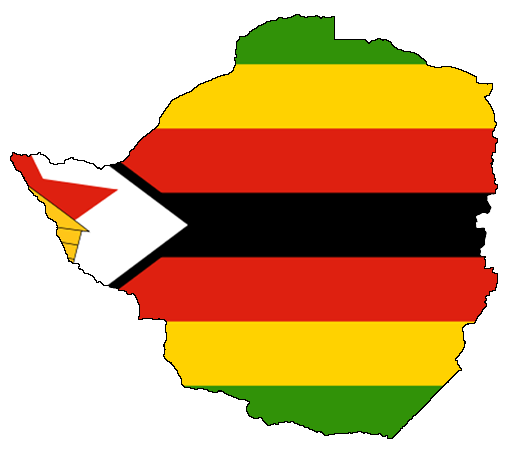
REPORTS that on average 300 workers are being retrenched every week across the country are alarming as they show an economy going down the drain.
NewsDay Editorial
Obviously, this is an indication of a country failing to deal with the crisis that has the potential to destroy confidence in the government.
For how long will the ruling class expect co-operation from a hungry people?
Although, after the Zanu PF landslide victory, there was euphoria with government splashing money on a lavish ceremony at the National Sports Stadium in Harare to mark the inauguration of President Robert Mugabe for another five-year term at the helm of the nation, the dust hasn’t settled and the economy is bleeding.
There is no end in sight suggesting that Zanu PF is unable to stem the tide of the economic downturn.
Over 700 companies have closed shop and more have put their operations under care and maintenance for there is no manufacturing to talk of. And one cannot blame the companies for retrenching their staff.
True, when a nation is reduced to one of beggars and loafers, then the security situation becomes dangerous. Crime rises as poverty becomes the rule rather than the exception. With such a high number of people joining the ranks of the unemployed, the manufacturing sector is automatically plagued by a crisis of depressed effective demand.
- Chamisa under fire over US$120K donation
- Mavhunga puts DeMbare into Chibuku quarterfinals
- Pension funds bet on Cabora Bassa oilfields
- Councils defy govt fire tender directive
Keep Reading
It is sad that Zimbabwe has been reduced into a consumer economy, which is unfortunate as there will be no employment creation to talk about. Reviving the economy is no easy task. As the Zimbabwe Congress of Trade Unions correctly observed when it released the frightening, but real figures on the retrenchments, this situation is potentially explosive.
The labour unions pointed out that the liquidity crunch was also haunting companies forcing them to close shop. We believe that Zanu PF should reduce political risk at every turn.
That Finance and Economic Development minister Patrick Chinamasa has so far failed to announce next year’s National Budget —itself a confidence measure in any economy — points to the fact that even State coffers are dry.
Long queues at banks this week where some people struggled to withdraw their cash were a stark reminder of the unforgettable 2007-2008 period.
Government has drafted the ZimAsset economic blueprint informed by Zanu PF’s election manifesto, itself a plan of grandiose proportions judging by such commitments to create more than two million jobs in five years.
So, while it is too early to expect any major changes to the economic fundamentals in the government, it has to move quickly to stem the tide of retrenchments if its dream of creating two million jobs is to come to fruition.
It is, therefore, important to have foreign direct investment.
Zimbabwe does not exist in isolation, hence should engage both the West and Asian tigers to stimulate growth in the economy.
We have to create conditions that make Zimbabwe more attractive to investment and get those jobs that we desperately need instead of losing them.











